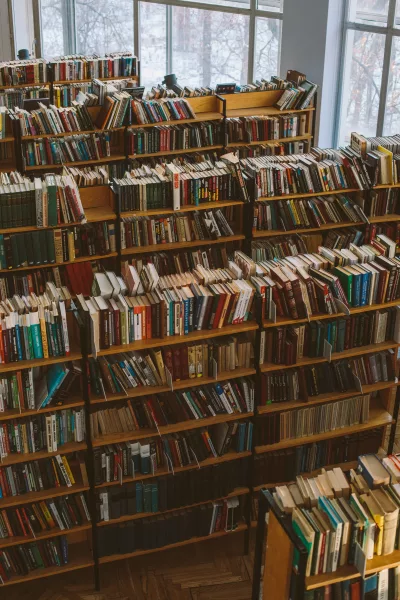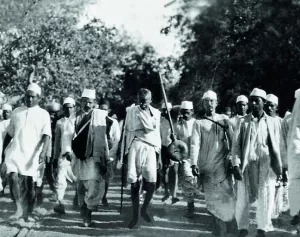We all know the quote “Knowledge is power’’, and we all can acknowledge that most of our knowledge comes from literature and books. So what if that is banned?
Books being banned has been a huge debate, but in that sense why would governments restrict the knowledge we can garner by banning books? There are a couple of explanations for it, such as ‘protecting’ the population – especially children- from potentially harmful and inappropriate content. But the likelihood of a child choosing an inappropriate book or even wanting to pick up a book in the first place is somewhat low unless encouraged by its guardians. Another explanation could be that it teaches harsh reality to a child much too soon before they have to know of it.
Protecting the kids?

But can’t it be argued that children need to be exposed to ‘harsher’ realities, in case they might be living through the said harsh reality? For example, books about the separation of parents or the loss of a loved one, are things that children most likely will relate to and might also find comfort in if they’re going through it, especially when 40-50% of marriages end in divorce in the US alone. Controversially, books that have non-heterosexual characters have been and continue to be forbidden in several places most notably the US, with the main driving forces being institutionalised homophobia.
Additionally, books containing themes of suicide have been banned in several instances, and whilst it’s comprehensible why, it needs to be considered that every day there are approximately 12 youth suicides. This brings me to the point that maybe some of these youths are troubled by ideations of self-harm or might find comfort in the literature that writes about things similar to what they’re going through.
Divisive Knowledge or Propaganda?

In complete irony, the book 1984 by George Orwell is banned in the US. The book is about a population under an oppressive regime referred to as ‘Big Brother’. It’s said to be banned for “Communist propaganda and a seditious call to overthrow organized states.” However, that is why it should be an encouraged read, as it can teach youths when a government might be oppressive and what behaviors they should look for. And let’s be honest, the likelihood of someone using it to try and overthrow the US government and be successful at it too, is very very low.
What the US education system appears to like doing is banning books that go against any political nuances or themes that do not fit with theirs, an example of which came through the banning “Gender Queer: A Memoir”, because it was too ‘sexually explicit’. Shouldn’t high school kids have these kinds of books and access to such insight when high schoolers are trying to find out who they are and what they like? During such heights of self-discovery, it should be essential that everyone has access to books they can relate to, and that they may be given a safe place, like the classroom, to discuss such works.
Hiding the original
Another good example of banned books may be in Germany, where “Mein Kampf” (Hitler’s manifesto) was forbidden up until 2016. The 2015 debate on lifting the ban on the book, sparked arguments such as “No one who reads it will become a Nazi”. Yet while the German government has made it legal to read and study in libraries, the only legal version is an annotated one. It remains forbidden to read the original version in public.
Whilst the commented version may be much more appropriate than Hitler’s original version, to really put ourselves into Hitler’s shoes and conceptualize his cognition, shouldn’t we also read the anti-Semitic and racist comments he made? We get access to them anyway from old recordings, so why ban it in writing?
Final thoughts
We’ve now discussed heterosexual thematic books, suicidal idealization books, political books, and ‘sexually explicit’ books being kept hidden from the public. As well as having gone through the arguments as to why they’re forbidden from keeping children safe from harsher realities to preventing potentially brutal political action against governments. What do you think?







